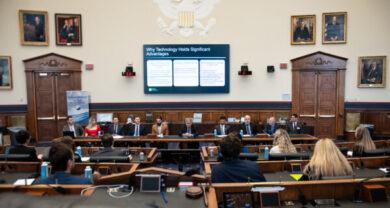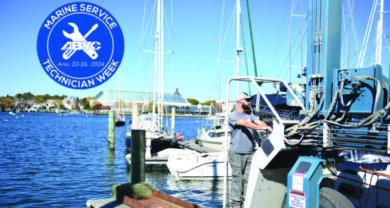Tow vehicle market dodges bullet
CHICAGO – President Bush has signed into law energy legislation passed earlier this week by Congress that will increase vehicle fuel economy standards for the first time in 32 years, the National Marine Manufacturers Association reported in a statement yesterday.
The energy bill increases the national Corporate Average Fuel Economy (CAFE) standards, resulting in a 40 percent increase in fuel economy by 2020 and a 30 percent reduction in carbon emissions by increasing the national average fleet fuel economy standards for cars and light trucks to 35 miles per gallon (MPG) starting in 2011, according to NMMA.
The association supports the bill because it is comfortable that it will result in good availability of tow vehicles in the future, Thom Dammrich, NMMA president, said in an interview today.
“As we worked on this bill with the Alliance of Automobile Manufacturers, the message was that the CAFÉ standard of 35 miles per gallon by 2020 was doable without devastating the availability of tow vehicles,” Dammrich explained. “They will probably have to produce more small cars and design small cars that are more attractive to sell more small cars. But they also will be able to produce trucks capable of towing boats.”
While MRAA warned this past August that some of the language being considered for the bill could result in an increase of up to $13,000 in the average price of a new pick up or SUV, Dammrich said the bills being considered then were much more severe than the bill that just passed.
“While it may cost the auto makers some money to achieve this higher level of fuel economy, I don’t think it will be that significant,” he commented. “The auto industry has the advantage of large volumes. Those costs will be spread over a lot of cars and trucks: about 16 million versus 300,000 units in the boating industry.”
- For more of the latest news, click here.




